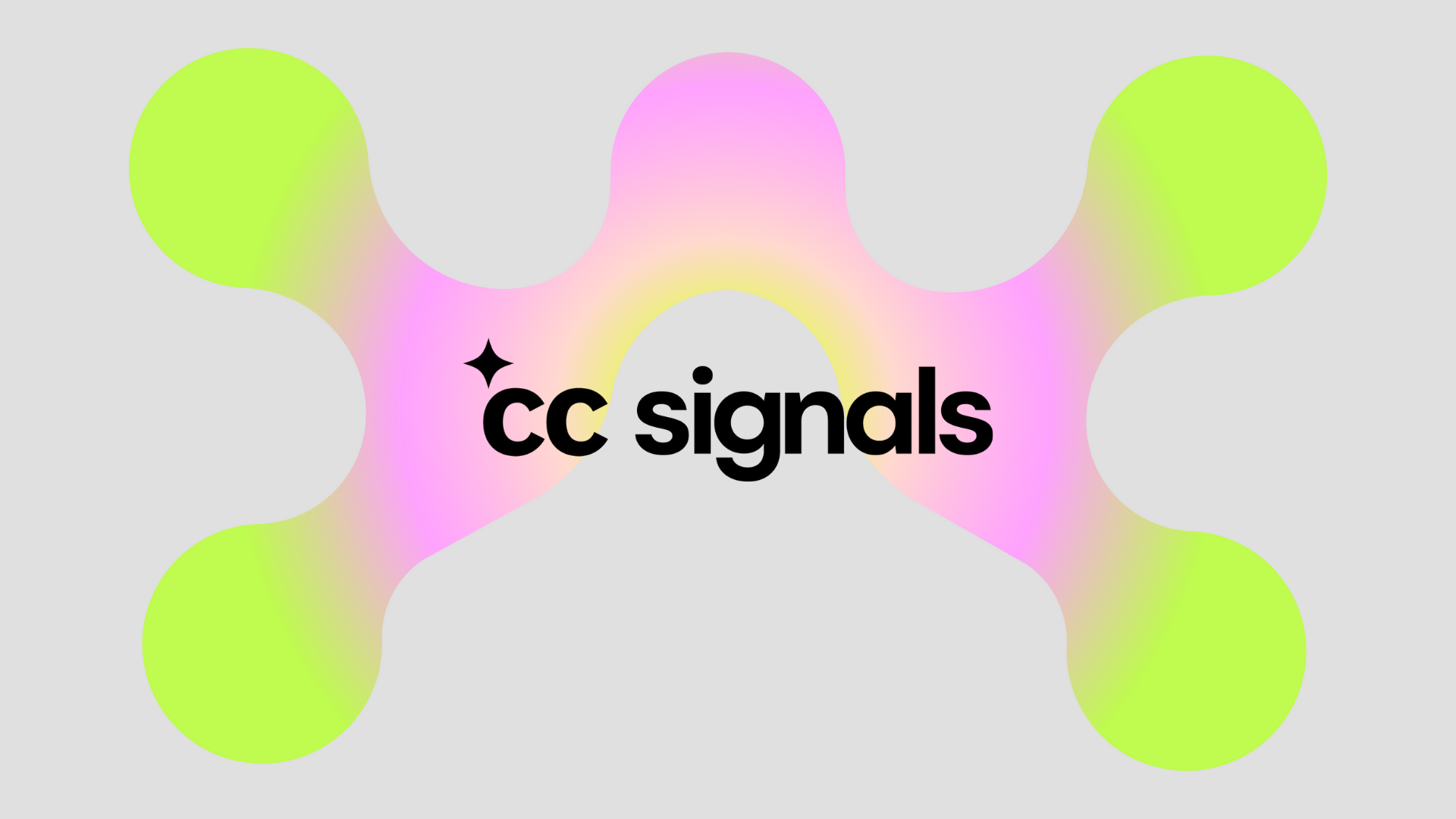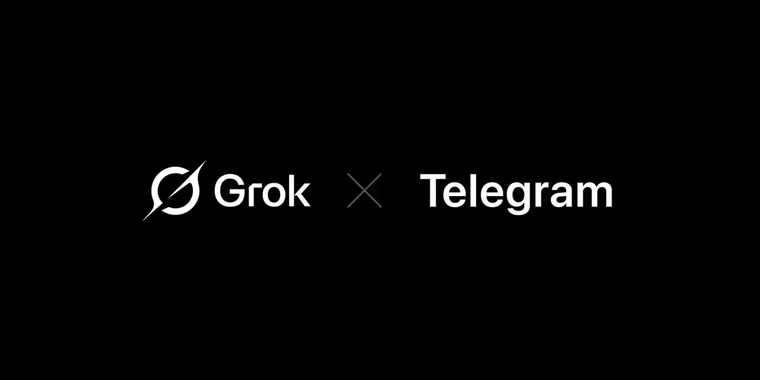Creative Commons is Introducing CC Signals: A New Social Contract for the Age of AI
-
This post did not contain any content.

Introducing CC Signals: A New Social Contract for the Age of AI - Creative Commons
CC Signals © 2025 by Creative Commons is licensed under CC BY 4.0 Creative Commons (CC) today announces the public kickoff of the CC signals project, a new preference signals framework designed to increase reciprocity and sustain a creative commons in the age of AI. The development of CC signals represents a major step forward…
Creative Commons (creativecommons.org)
-
This post did not contain any content.

Introducing CC Signals: A New Social Contract for the Age of AI - Creative Commons
CC Signals © 2025 by Creative Commons is licensed under CC BY 4.0 Creative Commons (CC) today announces the public kickoff of the CC signals project, a new preference signals framework designed to increase reciprocity and sustain a creative commons in the age of AI. The development of CC signals represents a major step forward…
Creative Commons (creativecommons.org)
pearl clutchers never cared about whether artists prefer ubiquity over obscurity. I forsee a cc license that explicitly opts into model training, and the whiners unable to distinguish between that, endorsing all model training, or actual generated content. to them it will all be called slop.
-
This post did not contain any content.

Introducing CC Signals: A New Social Contract for the Age of AI - Creative Commons
CC Signals © 2025 by Creative Commons is licensed under CC BY 4.0 Creative Commons (CC) today announces the public kickoff of the CC signals project, a new preference signals framework designed to increase reciprocity and sustain a creative commons in the age of AI. The development of CC signals represents a major step forward…
Creative Commons (creativecommons.org)
-
This post did not contain any content.

Introducing CC Signals: A New Social Contract for the Age of AI - Creative Commons
CC Signals © 2025 by Creative Commons is licensed under CC BY 4.0 Creative Commons (CC) today announces the public kickoff of the CC signals project, a new preference signals framework designed to increase reciprocity and sustain a creative commons in the age of AI. The development of CC signals represents a major step forward…
Creative Commons (creativecommons.org)
we give, we take, we give again, and we are all in this together.
No, the AI megacorps only steal and then make you pay to use their illegal and unethical services. How naive is this?
-
This post did not contain any content.

Introducing CC Signals: A New Social Contract for the Age of AI - Creative Commons
CC Signals © 2025 by Creative Commons is licensed under CC BY 4.0 Creative Commons (CC) today announces the public kickoff of the CC signals project, a new preference signals framework designed to increase reciprocity and sustain a creative commons in the age of AI. The development of CC signals represents a major step forward…
Creative Commons (creativecommons.org)
Why do I feel like almost no artists are going to use this new Creative Commons license and would prefer the Supreme Court to rule on this case?
-
Why do I feel like almost no artists are going to use this new Creative Commons license and would prefer the Supreme Court to rule on this case?
Because few artists use CC as-is, because they have a petit bourgeoise mindset and are largely cutthroat narcissists who only care about "making it". I hope sincerely the breadline teaches them a lesson.
-
we give, we take, we give again, and we are all in this together.
No, the AI megacorps only steal and then make you pay to use their illegal and unethical services. How naive is this?
There are many open sourced locally executable free generative models available.
-
There are many open sourced locally executable free generative models available.
Oh, I didn't know that. Models were people have actually actively consented to their data being used for it (not "Wikipedia is CC so it's fine")?
-
Oh, I didn't know that. Models were people have actually actively consented to their data being used for it (not "Wikipedia is CC so it's fine")?
I imagine not, though I haven't looked into it.





